Android
Google enhances Android data transfer and app login features: What to Expect in 2025
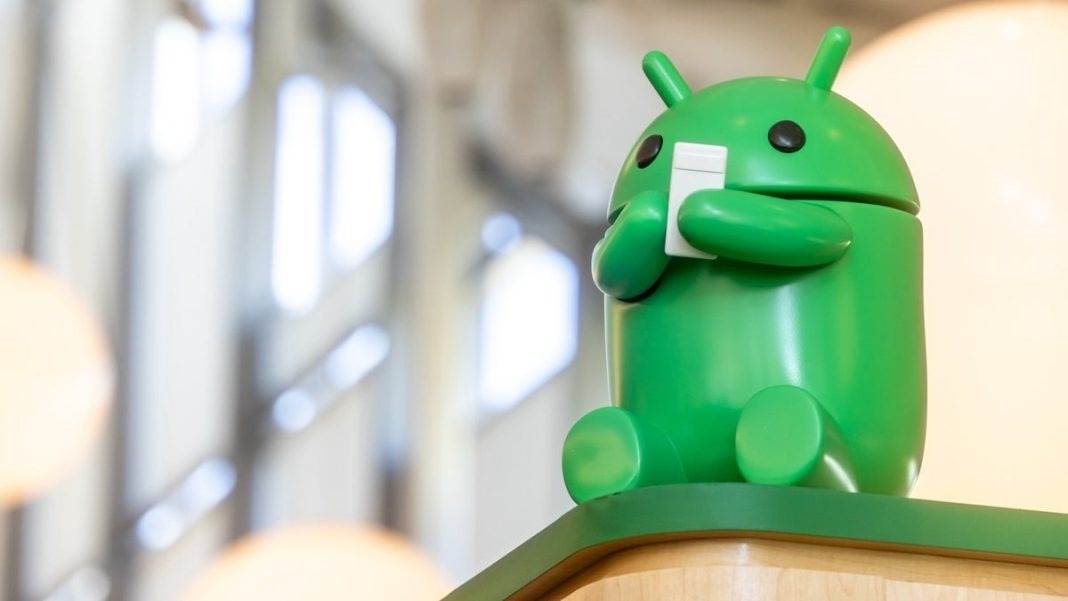
Google is making it easier to set up Android devices with new features aimed at improving data transfers and app logins. These advancements, introduced with the Pixel 9 and expanding across more Android devices in 2025, aim to simplify the user experience when switching devices or setting up a new phone.
Post-Setup Data Transfer: Explore First, Transfer Later
With the Pixel 9 running Android 14, Google introduced a flexible data transfer option. Users can now copy data from another device even after completing the initial setup. This feature, accessible through the “Back up or copy data” page in system settings, encourages users to explore their new device before transferring data.
Starting in 2025, this post-setup transfer capability will be available on more Android phones. This feature allows users to complete basic setup quickly and transfer data later when it’s convenient. Data transfers can be initiated via system settings or through the updated Android Switch app, which is available on both Android and iOS platforms.
Faster and Smarter Android Switch Experience
Google has been improving the Android Switch process for the past two years, focusing on speed and convenience. Key highlights include:
- 40% Faster Transfers: Transferring data from iOS to Android using a cable is now significantly quicker compared to 2023.
- Comprehensive Data Support: The transfer process ensures that critical data like chats, calendars, contacts, Wi-Fi configurations, screen lock settings, and Google accounts are seamlessly moved to the new device.
- RCS Compatibility: Rich Communication Services (RCS) improve messaging capabilities during the transition. Users can enjoy high-resolution media sharing, emoji reactions, and group chat management regardless of whether friends use Android or iOS.
However, full RCS data transfers are currently exclusive to Pixel 9 and are not yet available for other Android devices.
Credential Manager: Stay Logged In Effortlessly
Google is also addressing the hassle of logging back into apps after setting up a new device. The Credential Manager API, a tool responsible for managing sign-ins and passkeys, now includes a feature called Restore Credentials.
How Restore Credentials Works:
- Backup Creation: When users log into an app, a restore key is created and stored securely. This key is encrypted and saved either locally or in cloud backups, depending on the user’s preferences.
- Seamless Transfer: During device setup, restore keys are transferred along with app data—either via local device-to-device transfer or through cloud backup.
- Automatic Login: Once the app is launched on the new device, it retrieves the restore key to sign the user back in automatically.
This process eliminates the need for manual logins and even allows users to receive notifications and access app content without opening the app first.
Developer Integration:
- No additional developer work is needed for transferring restore keys, as the Android backup and restore mechanism handles this automatically.
- Developers can further enhance the experience by implementing a “backup agent,” enabling silent logins so users remain signed in without launching the app.
Availability and Future Outlook
The Restore Credentials API is currently in developer preview and supports Android 9 and later versions. With these features expanding across Android devices in 2025, Google is set to make device setup and data transfer smoother than ever.
By focusing on user-friendly innovations like post-setup data copying and automatic app logins, Google is redefining how Android users transition to new devices while ensuring data security and convenience.
Android
Google unveils “Gemini 2.0 Flash Thinking” and updates Gemini app and Android Auto

Google has introduced “Gemini 2.0 Flash Thinking,” an experimental AI model designed to “think out loud” while solving complex problems. Built on the speed of Gemini 2.0 Flash, this model displays its reasoning process in real-time before providing an answer, improving performance in areas like physics and probability. It’s currently available in Google AI Studio and Vertex AI. This new model has quickly risen to the top of the Chatbot Arena LLM Leaderboard.
The Gemini app on Android is also receiving an update, widely rolling out access to the 2.0 Flash Experimental model for both free and paid users. This model is faster and more powerful than previous versions, offering a more helpful assistant experience. Users can select 1.5 Pro, 1.5 Flash, and 2.0 Flash Experimental within the app. While file uploads are not yet supported, 2.0 Flash is expected to become generally available for developers in January, with more model sizes coming. This update follows a similar update for the Gemini app on iPhone.
Android Auto is also getting a visual refresh with the 13.4 update. Google adds Material You accent colors to match the user’s phone wallpaper. This means system elements like buttons, toggles, and menus will now feature colors that adapt to the phone’s theme. While this feature is still refined and may exhibit some inconsistencies, it brings a more personalized and cohesive look to the Android Auto interface. This change is visible in areas like the Settings menu and notification center, but only if the setting for matching the phone’s wallpaper is enabled.
Android
Android 15 QPR1 for Pixel devices stable update arrives and Android 16 to offer AI writing control

Google has released the stable Android 15 QPR1 update for Pixel devices previously running the beta 3.1 version. This update, which was delayed compared to the broader stable rollout last week, is specifically for users who opted out of the beta program to avoid QPR2. On a Pixel Fold, the update is a small 10.48 MB download including the December 2024 security patch and does not erase user data. Users can install it via Settings > System > Software updates > System update, confirming “Android Beta Exit No Data Wipe.”
In other Android news, Android 16 may offer a new level of control over AI-powered writing assistance. New code discovered in the Android 16 Developer Preview 2 suggests apps will be able to disable AI writing tools for specific text fields. This would be useful in situations where AI assistance is unwanted, such as password or number input fields. While AI writing tools, like those in Gboard, are helpful for general text input, this new feature would allow for more precise control and consistency across different keyboard apps. This new “Writing Tools API” will ensure the same behaviour across different keyboards.
Android
Android 16 enables screen-off fingerprint unlock on Pixel 9

Android 16 introduces a new feature for Pixel phones, specifically the Pixel 9 series: fingerprint unlocking while the screen is off.
In Android 16 Developer Preview 2, a new setting called “Screen-off fingerprint unlock” lets users activate the fingerprint sensor even when the display is completely dark. This is a notable new feature in the preview, as other changes were largely visual tweaks.
This functionality appears exclusive to the Pixel 9 series, likely due to its new ultrasonic fingerprint sensor. Older Pixel phones use optical sensors, which emit light when activated. Keeping these sensors constantly active could lead to accidental light activation, especially in dark environments. Ultrasonic sensors don’t use light, making screen-off unlocking a smoother experience.
While always-on display (AOD) has offered similar functionality by keeping the fingerprint sensor active when the time is shown, this new option benefits users who prefer not to use AOD.
On Pixel 9 devices running Android 16 Developer Preview 2, the setting can be found in Settings > Security & privacy > Device unlock > Face & Fingerprint Unlock > Fingerprint Unlock.
-
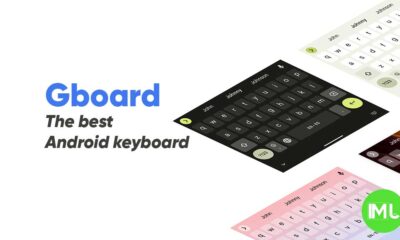
 Apps10 months ago
Apps10 months agoGboard Proofread feature will support selected text
-
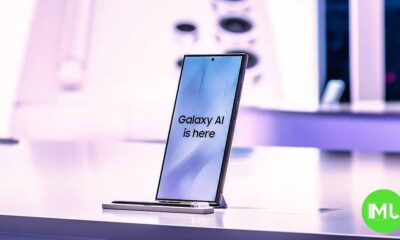
 News10 months ago
News10 months agoSamsung USA crafting One UI 6.1.1
-

 News9 months ago
News9 months agoBreaking: Samsung Galaxy S22 may get Galaxy AI features
-
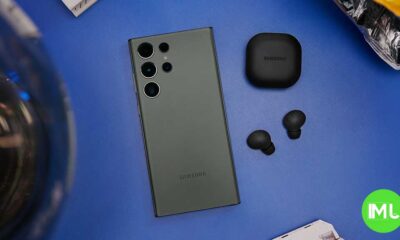
 News9 months ago
News9 months agoSamsung Galaxy S23 Ultra with One UI 6.1 and all S24 AI features revealed
-

 News10 months ago
News10 months agoOne UI 6.1 Auracast (Bluetooth LE Audio) feature coming to many Samsung phones
-

 News10 months ago
News10 months agoSatellite SOS feature coming to Google Pixel phones, evidence leaked
-
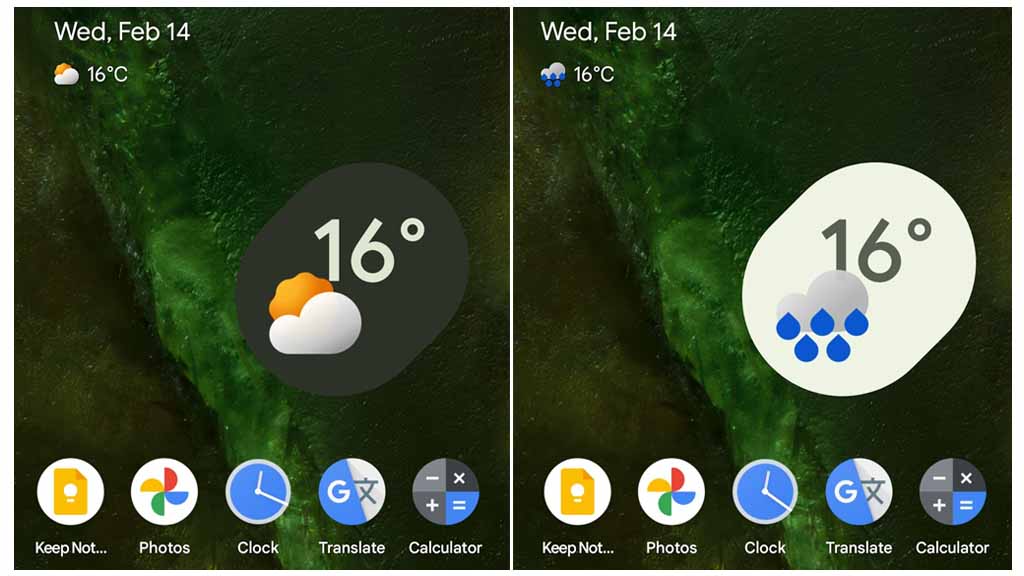
 Apps7 months ago
Apps7 months agoGoogle’s fancy new Weather app is finally available for more Android phones
-
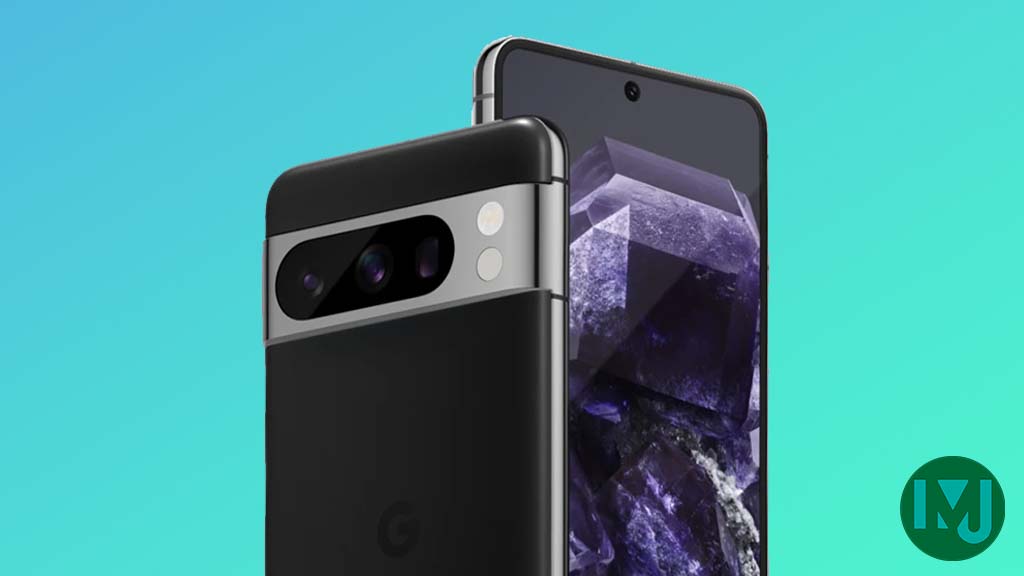
 News10 months ago
News10 months agoGoogle Pixel evolves as Europe’s third best selling flagship




